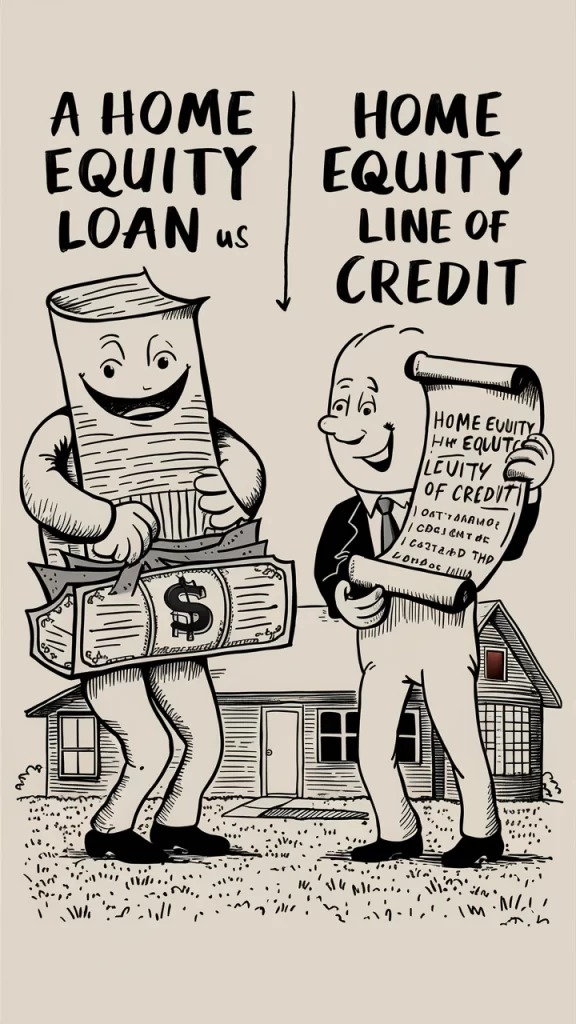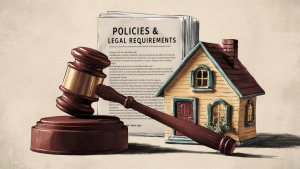
Airbnb Guest: A Host’s Guide to a Memorable Start
Facebook Twitter LinkedIn Reddit Email WhatsApp Welcome Your First Guest on Airbnb: A Host’s Guide to a Memorable Start Welcoming your first guest on Airbnb
This type of loan can be a valuable financial tool for homeowners looking to leverage the equity they have built up in their property. Whether you’re considering home improvements, consolidating debt, or financing a significant expense. This comprehensive guide will help you understand what home equity loans are, how they work, and their benefits and drawbacks.
Often referred to as a second mortgage, allows homeowners to borrow against the equity in their home. Equity is the difference between the current market value of the home and the outstanding mortgage balance. For example, if your home is worth $300,000 and you owe $200,000 on your mortgage, you have $100,000 in equity.
(check out our fix and flip loans)
When you take out a home equity loan, you receive a lump sum of money that you repay over a set period, typically with a fixed interest rate. The loan amount is based on the equity you have in your home, and lenders usually allow you to borrow up to 85% of your home’s equity.

It’s essential to distinguish between a home equity loan and a home equity line of credit (HELOC). While a home equity loan provides a lump sum with a fixed interest rate, a HELOC offers a revolving line of credit that you can draw from as needed, similar to a credit card. HELOCs usually have variable interest rates, which means your payments can fluctuate.

To qualify, you’ll typically need:
Real estate is the best investment for small savings. More money is made from the rise in real estate values than from all other causes combined.
– William Jennings Bryan Tweet
This can be an excellent option for homeowners looking to leverage their home’s equity for various financial needs. However, it’s crucial to understand the risks involved and ensure that you can meet the repayment terms to avoid jeopardizing your home. Always consult with a financial advisor to determine if a home equity loan is the right choice for your specific situation.

Facebook Twitter LinkedIn Reddit Email WhatsApp Welcome Your First Guest on Airbnb: A Host’s Guide to a Memorable Start Welcoming your first guest on Airbnb

Facebook Twitter LinkedIn Reddit Email WhatsApp Mastering Airbnb Policies and Legal Requirements: A Guide for Hosts If you’re considering hosting on Airbnb, understanding the platform’s

Facebook Twitter LinkedIn Reddit Email WhatsApp The Anatomy of a Perfect Airbnb Listing Creating an irresistible Airbnb listing is both an art and a science.